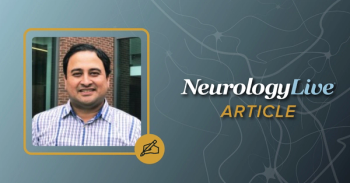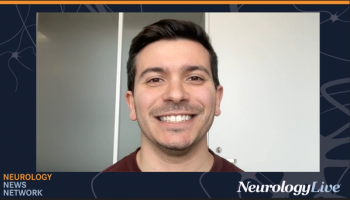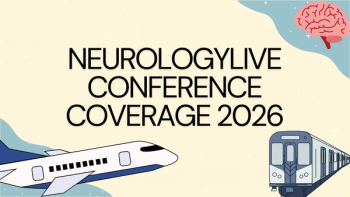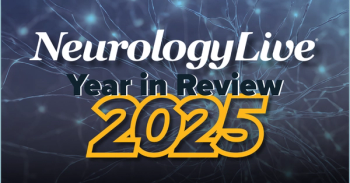
Migraine and Stroke: Is There a Connection?
Physicians should ask patients about their history of headaches and monitor for possible indicators of stroke, especially among older individuals who are already at increased risk.
RESEARCH UPDATE
Of the 800,000 strokes that occur each year in the US, about 2000 to 3000 may be related to migraine, according to the
According to the new meta-analysis, people who suffered from migraine with aura had two times increased risk of ischemic stroke compared to migraine sufferers without aura.2 Women, in particular, were at increased risk. About three-quarters of migraine sufferers are women, and risk for ischemic stroke was double for women with migraine, compared to men with migraine. Being younger than 45 years old, smoking, and oral contraceptive use among women were also
On the flip side, stroke may also increase the risk for headache. Up to 23% of adults develop persistent post-stroke headache, according to a
Research further suggests that stroke may increase the risk for migraine in children. A recent retrospective
While persistent post-stroke headache was recently added to the International Classification of Headache Disorders, more research is needed to identify features that distinguish post-stroke headache from stroke-related migraine. Nevertheless, some experts believe the two may have similar pathophysiology.
One school of thought points to a vascular origin. According to this view, arterial spasm contributes to the development of migraine. As the blood vessel constricts, its lumen narrows, increasing the risk for blood clots and stroke. Factors that also increase the risk of clots, such as oral contraceptives, may further increase the risk of ischemic stroke.
The pathophysiology is less clear for post-stroke headache, but it may also involve a vascular origin as a result of blood vessel injury or inflammation from a stroke. Other origins may include stroke-related neuro-excitability and neuroinflammation, damage to neural pain pathways, and genetic risk factors.
Regardless of the origin, experts recommend managing
For women, smoking cessation is especially important. Finding alternative birth control methods to oral contraceptives may also be an important option for some women. In particular, oral contraceptives with ethinylestradiol or estrogen supplements may increase the risk for blood clots in women who experience migraines with aura.
While more studies are needed to determine whether preventing migraine actually decreases the risk of stroke, experts also recommend appropriate headache management with preventive medication,
They also advise educating patients about the signs of stroke and transient ischemic attack, including changes in aura and increased frequency or duration of headaches, especially when accompanied by weakness on one side.
Physicians should also ask patients about their history of headaches and monitor for possible indicators of stroke, especially among older individuals who are already at increased risk for stroke.
“There are certain things we consider red flags,” says Dr. Mitchell Elkind, President-elect of the
References:
1. American Migraine Foundation. Understanding your symptoms and whether your migraine may carry an additional stroke risk.
2. Schürks M, Rist PM, Bigal ME.
3. Lai J, Harrison RA, Plecash, A et al.
4. Gelfand AA, Fullerton HJ, Jacobson A, et al.
5. American Migraine Foundation. Understanding your symptoms and whether your migraine may carry an additional stroke risk.
6. American Heart Association. What migraine sufferers need to know about stroke risk.
Newsletter
Keep your finger on the pulse of neurology—subscribe to NeurologyLive for expert interviews, new data, and breakthrough treatment updates.









